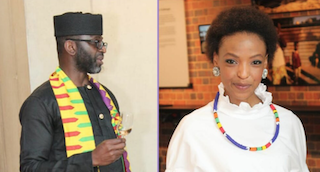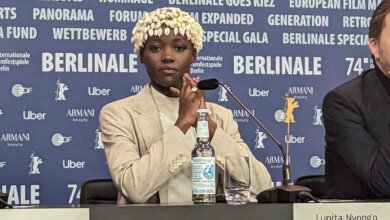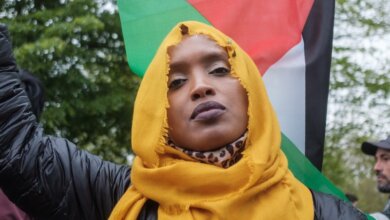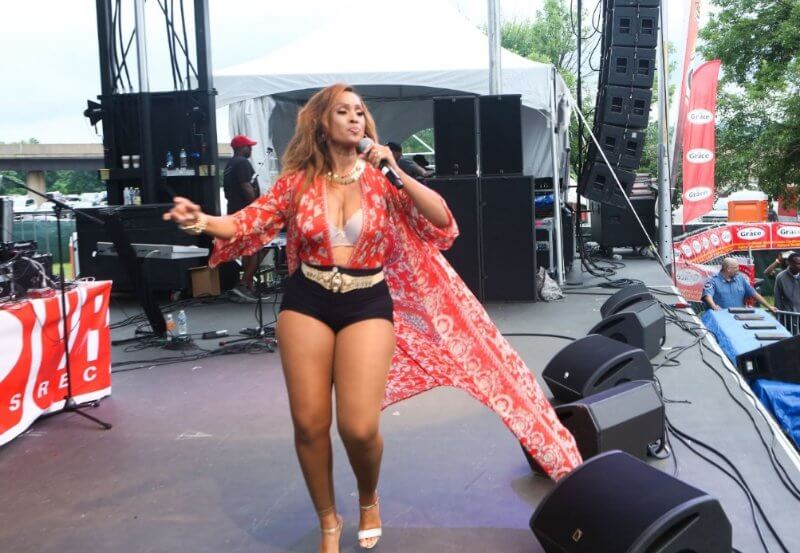African Authors’ 2021 Outstanding Awards
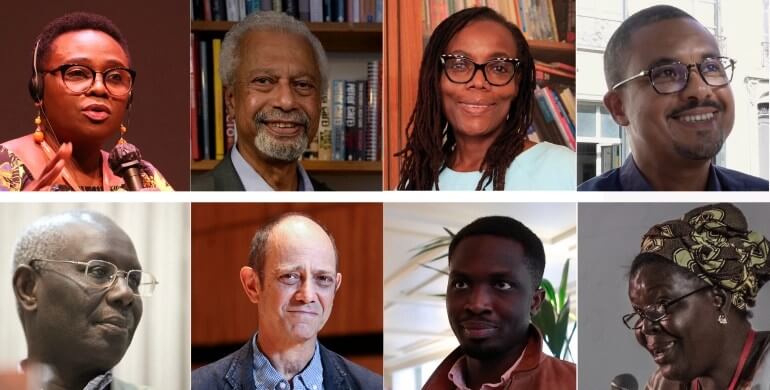
Writers from Africa caught the literary world by storm in 2021, winning a slew of key accolades and producing a slew of critically praised works.
This year has been packed with not just the publication of highly acclaimed works by writers from all over the continent, but also with wins and international recognition.
The highlight came on October 7, when Abdulrazak Gurnah, a Zanzibar native, was declared the laureate of this year’s Nobel Prize in Literature.
Damon Galgut of South Africa won the prestigious Booker Prize for his book The Promise a few weeks later, while British-Somali writer Nadifa Mohammed’s The Fortune Men was on the finalist.
Senegalese novelist Mohamed Mbougar Sarr won one of France’s oldest and most illustrious literary prizes, the Prix Goncourt, for his work La Plus Secrète Mémoire des Hommes (The Most Secret Memory of Men).
Sarr also won the Hennesy Book Award and the Transfuge Award for Best French Novel for the novel.
Boubacar Boris Diop, a Senegalese author who is also an essayist and journalist, was awarded the Neustadt International Prize for Literature, which has been given out biennially since 1970 by the University of Oklahoma and World Literature Today.
Senegalese novelist David Diop, a French-Senegalese, won the International Booker Prize for translated fiction for his work At Night All Blood Is Black, completing Senegal’s three victories.
Read Also: 20 Must Read Books on Race & White Privilege
Paulina Chiziane, widely regarded as Mozambique’s first woman novelist, was also honoured with the 2021 Prémio Cames, usually regarded as the most prestigious literary prize in Portugal.
Meanwhile, Jennifer Nansubuga Makumbi, a Ugandan novelist based in the United Kingdom, was awarded the Jhalak Prize for her work The First Woman in 2021.
Tsitsi Dangarembga, a renowned Zimbabwean novelist, playwright, and filmmaker who won the PEN Pinter Prize and the German Book Trade’s Peace Prize earlier this year, said that while the prizes help shine a light on her work for a finite period of time, she wasn’t sure how much of it translated into any kind of lasting outcome.
“In five years or so, I would like to look back and say that these awards were the beginning of a period in my life where my work was much more generative in terms of my achieving my goals”
– Tsitsi Dangarembga
While African writers are no bystanders to prize accolades, this year’s triumph was the result of a number of circumstances.
The power of social media, existence of publishing houses dedicated to African literature, and the frequency with which Africans on the continent generate literary and publishing structures online, have all contributed to the widespread recognition of African literature.
Bhakti Shringarpure, the founder of Radical Books Collective, emphasised that writers like Gurnah, Diop, and Dangarembga are firm in their political convictions and use writing to provide us with complex, nuanced, honest, and beautiful portraits of African lives and eexperiences.
“[They] have never bended to the demands of Western publishing and have consistently refused to accommodate themes and styles that suit mainstream readerships.”
– Bhakti Shringarpure
Source: Aljazeera
Abeeb Lekan Sodiq is a Managing Editor & Writer at theafricandream.net. He is as well a Graphics Designer and also known as Arakunrin Lekan.

